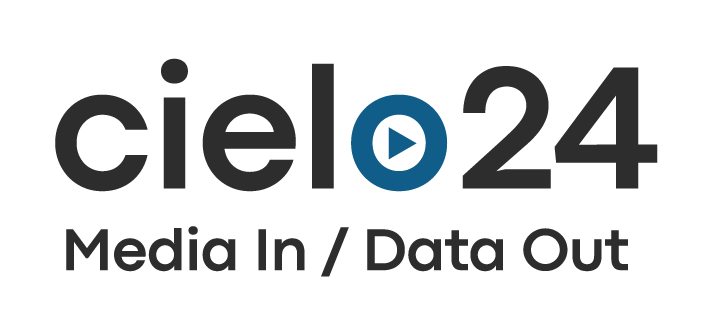Get up to date on Massachusetts state accessibility law, including caption law and requirements! As a…

California State Accessibility Law
Get up to date on California state accessibility and caption law and requirements!
In the first post, we discussed how many states have used federal Section 508 as a model for their own accessibility standards. New York is one state that has adopted some subsections of Section 508 also called Little 508 and is considering adhering to the entire Section. California already requires all state and local entities and its contractors to observe Section 508 in its entirety.
California State Accessibility Law and Requirements

California’s accessibility requirements are outlined in California Government Code 11135 Subsection D. You can access this code on this webpage, or download a Word document version here. It is comprehensive, which is government speak for dense. The bottom line is that:
- All state or local government entities must comply.
- Contractors with state or local government entities must comply.
- It includes information technology created by or purchased for state or local government entities and contractors.
- Outlines the need for accessible websites.
California State Accessible Websites
What does California mean by accessible websites? California State University created a detailed webpage that discusses accessible websites and their benefits. They outline strategies that include:
- Websites that are accessible without the need for graphics, color, script or sound (W3C).
- Multimedia and video content that include captions.
- Creation of content that is separate from presentations so that users can adjust the presentation format without changing the information.
- Make content modifiable for the need of different users.
- Make the website compatible with assistance technologies (e.g. screen readers).
- Test content to make sure it is usable for those with disabilities.
California State University sees the benefits for government and businesses to create accessible websites. As technology improves, the ability to provide accessible content is easier and less expensive. The state of Illinois also sees the benefit of accessible information technology. In the next post, we will look at the Illinois Information Technology Accessibility ACT (IITAA).
In the meantime, you can try complimentary video captioning to test it out. If you are looking for more information on California state accessibility law, sign up for our newsletter.
Additional accessibility links:
 The Americans with Disabilities Act (ADA) Highlights and Overview
The Americans with Disabilities Act (ADA) Highlights and Overview- The Web Content Accessibility Guidelines
- IDEA overview and history
- Guidance from the U.S. Department of Education
- Section 508 Compliance Overview
- Summary of 508 Compliance PDF
- Section 508 Guide for E-learning and Multimedia Technology
- GSA Tutorials, Guidance and Checklists for multimedia
- Alliance for Technology Access
- Equal Access: Design of Distance Education Learning Program
- ADA, Title III Regulations




